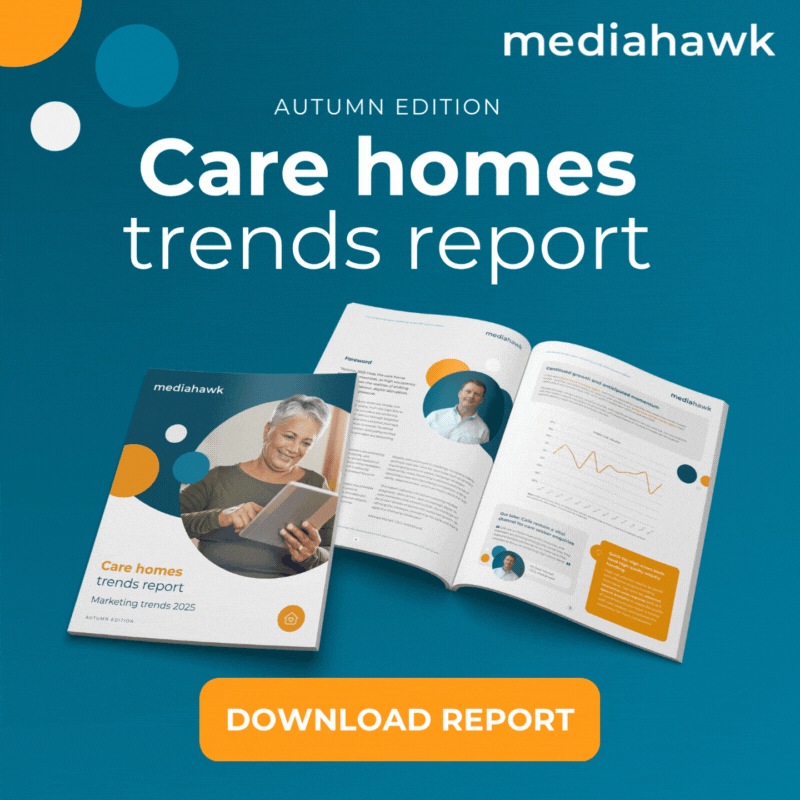New White Paper demands hearing loss change
Care England, the representative body for independent adult social care providers, in collaboration with deaf awareness training and development organisation Engage and care home provider Nightingale Hammerson, today launched a new White Paper calling for urgent and coordinated action to improve support for care home residents living with hearing loss.
The White Paper takes recommendations from research carried out by University of Manchester researchers based at the Manchester Centre for Audiology and Deafness (ManCAD). They found that unaddressed hearing loss is highly prevalent in care homes, affecting residents’ quality of life. The research identified several barriers relating to caregivers’ knowledge of hearing loss and opportunities for care homes to work with audiologists. Unclear responsibilities relating to hearing care and residents’ difficulties adapting to, or being comfortable wearing, hearing aids were also identified.
Titled ‘Hearing Loss in Care Homes – A Call to Action’, the paper brings together nearly a decade of practical experience from Engage’s work across more than 35 care homes, alongside extensive research and insights from Nightingale Hammerson, where the Engage project has been running for over three years.
With at least 80% of residents in older people’s care homes living with hearing loss, the paper highlights the widespread impact of unaddressed hearing needs – from increased risks of dementia and falls, to social isolation, depression, and avoidable distress.
The paper sets out a comprehensive set of evidence-informed recommendations to create the change needed to enhance care provision which includes: environmental audits to reduce noise and improve lighting, essential protocols for hearing aid support and maintenance, training for staff, access to personal amplifiers, improved audiology services access and earwax removal, supporting to explore and use assistive hearing technologies for users and their families, Hearing Loss Champions, and person-centred communication, particularly for people living with dementia.
Care England stated that the paper not only outlines an ethical and clinical imperative but also makes a compelling financial case: improved hearing care can reduce falls, mitigate cognitive decline, and enhance resident and staff wellbeing – ultimately supporting occupancy, reputation, and staff retention.
Professor Martin Green, chief executive of Care England, said: “Hearing loss has long been overlooked in care settings, despite its profound impact on wellbeing, safety, and social connection. This white paper, developed jointly with Engage and Nightingale Hammerson, is a timely and vital resource for the sector. It provides practical, evidence-based recommendations that care providers can implement to deliver more compassionate, inclusive and effective care.”
Padraic Garrett, head of Engage and Andrew Goodwin, service manager for Engage, stated:“When residents with hearing loss are not adequately supported, it leads to increased anxiety, depression, and social isolation, with higher risks to physical health issues including falls. From our many years of successfully collaborating with homes, our motivation for this Paper is to share what we have found works to address the suffering of residents with hearing loss.”
Dr Hannah Cross, research associate, ManCAD, at The University of Manchester, said: “Hearing care that is personalised, provided consistently and dementia appropriate can make huge changes to residents’ quality of life, wellbeing, independence and functioning.
“Meeting the hearing needs of care home residents with dementia is vital in maintaining their communication abilities, independence, and quality-of-life. My PhD work outlines just how complex providing hearing care can be and how much needs to change. This White Paper will help to guide care homes in supporting their residents, and boost the priority of hearing loss within Social Care policy and regulation.”
Nuno Santos Lopes, director of research and innovation at Nightingale Hammerson, added: “Hearing loss is common to the vast majority of older people with care needs and the levels of knowledge of the care givers remains very low. From creating the right environment to get staff, managers and relatives knowledgeable about how to engage with someone with hearing loss, there is a lot of work to do and this document works as an easy to access guidance to help improving the hearing care standards.”
Crystal Rolfe, director of strategy at RNID, said: “This White Paper is a powerful call-to-action to address the huge need within older people’s care homes when it comes to hearing health. Hearing loss shouldn’t stop older people from living well, and by improving the quality of care, not only will we help combat the increased risks of depression and cognitive decline, but there’ll be a huge beneficial impact on overall wellbeing. Older people will be less isolated and be able to communicate better – whether it’s with family, staff-members within the residential home setting, or friends.”




